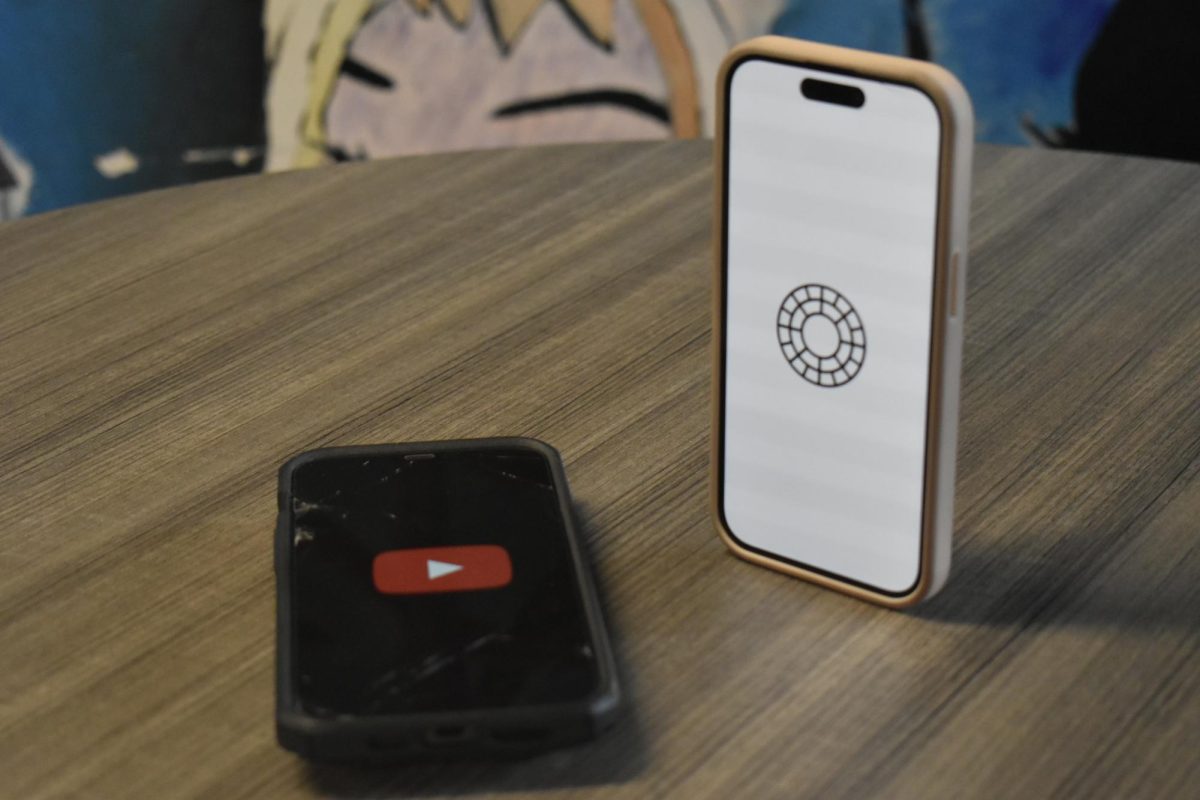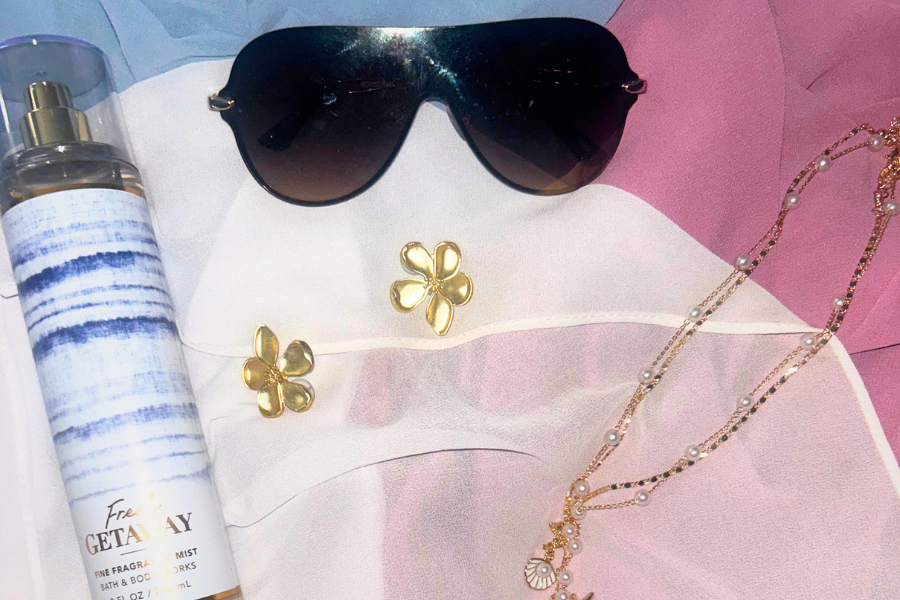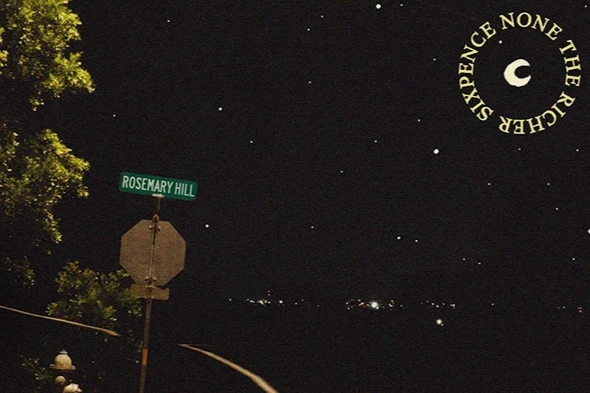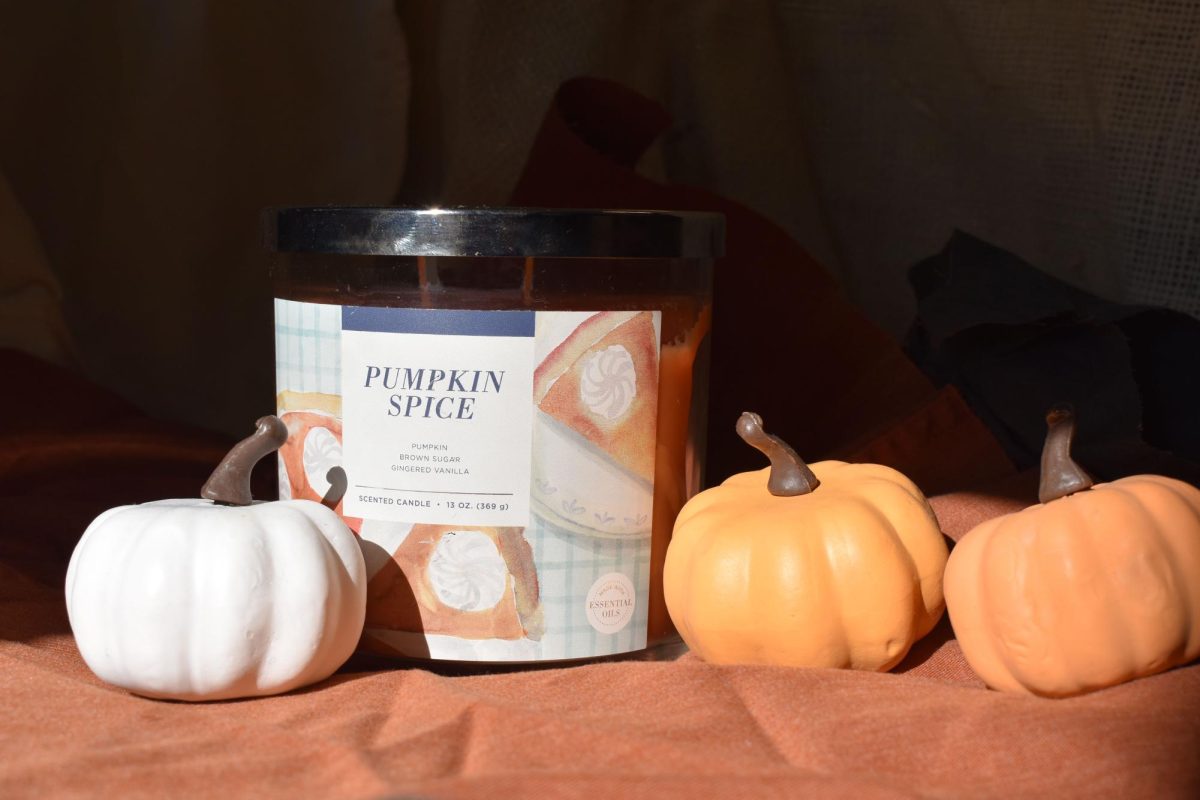Disclaimer: What follows are specific plot details and spoilers of “Breaking Bad’s” final episode, “Felina.” The review contains spoilers regarding the entire television series. Do not read this review if you have not watched the series and/or the finale yet, and you wish to in the future.
It’s over. Jesse lives. Walt dies. And I believe “Felina,” the series finale, was one of the most beautiful episodes of “Breaking Bad’s” entire run. Let’s not bury the lede; Vince Gilligan and the entire cast and crew went out on top.
My first instinct, writing this review, is to just rave about everything, so I’ll indulge that impulse for a moment. It started in stark, snowy New Hampshire, with Walter White praying to the gods to let him make it back to Albuquerque. “Breaking Bad” is at its best when it communicates through its visuals, rather than snappy dialogue or crazy plot twists or razor-thin escapes. In 10 years, I’ll probably have forgotten some of the best lines and daring reversals, but I can guarantee I’ll always remember the pink bear in the pool, the Mexican workers crawling to worship the saint of death, Tuco’s head on a turtle, and the dozens of other indelible images that made this show so amazing. This fact is still true now, the overhead shot of Walt lying among the vats, while the perfect song played the story to its end.
Going back to the initial statement, my point is this: when the red flashing lights of the cop car flooded through the snow-covered windows, reflecting off of Walt’s glasses, I knew the episode was in good hands. That one moment conveyed Walt’s desperation and isolation better than any monologue, and it was visually gorgeous, looking similar to something out of “Fargo.”
I worried that there was so much ground to cover that the finale might be frantic, but instead they pulled off the amazing feat of sticking to a slow, aesthetic style that drew us subtly, in toward the perfect conclusion. The genius of the show is in the lingering, iconic pictures that really are worth a thousand words. That’s where we see the heart of Walt and Jesse, and for the series to end with Jesse screaming with joy and pain at his newfound freedom and Walt collapsing with a profound serenity among the implements that breathed life into him despite a medical death sentence… well, it was brilliant.
At about 10 minutes to showtime last night, I realized I was actually nervous about this episode, which is kind of weird, but I’ve loved this show for so many reasons, and a couple of them were on the line tonight. I had been let down before (“Lost”), but this somehow felt too big to fail. I knew there would be moments of mundane beauty, like Jesse’s woodworking daydream. I knew there would be great final encounters, like Walt and Skyler’s final goodbye. But, as far as getting some kind of moral closure to the story, I didn’t even know what would feel satisfying. Walt failing in the end or Walt winning?
First, in a brilliant move that I had not predicted, he uses Gretchen and Elliot Schwartz as a way to launder his money into his family’s hands. When he tracked down their address on the phone, all I could think of is, “Why would he murder this couple?” Sure, they didn’t give him credit for helping start the business, but Gretchen offered to pay for his cancer treatments. There was awkwardness to their split, but that’s beyond Heisenberg-level cold. That’s approaching Todd-level cold. But seeing him hiding in the shadows, casually looking at family photos… Vince Gilligan wrote and directed the finale and deserves all of the praise getting heaped upon him. What gripping television. And then to find out that it’s Badger and Skinny Pete with laser pointers outside of the Schwartz household? I can’t pretend I wasn’t giddy seeing them in that car.
There’s so much to think about, and I realize I might be rambling, but this show got to me emotionally in a way that I’m still trying to sort out. If there was a really big but subtle moment here, it was obviously when Walt stunned Skyler by admitting that the meth cooking had always been for him, and him alone. He dropped the family schtick, which was necessary because the writers had always been smart enough to undercut that silly notion anyway; Walt may have convinced himself that he was doing something noble, but I don’t think any of the watchers actually believed him. Still, the even bigger surprise is that he didn’t seem to have an ounce of guilt with his confession. I’m not sure if Vince Gilligan was celebrating Walt’s selfishness, per se, but he did allow Walt to enjoy it, if that makes sense. Another great detail was Walt making sure that Hank gets a proper burial. He actually cares about his family and not just what they think of him. It’s good to see his humanity before the final showdown—to see that it’s not just about getting revenge because they stole his money, or even to avenge Hank. There’s also an element of protecting his family after he is gone.
And that showdown; we may not be able to celebrate Walt’s morality, but we can celebrate his love and mastery of science! The garage-door-opener-operated M-60 is one of those little bursts of genius that made this show feel like one great Rube Goldberg machine. Yes, Walt gets absurdly lucky time after time, but he often makes his own luck, manipulating both people and his environment to get the results he needs. And I can be glad that he went out on his terms, especially when his terms included giving Jesse his life, his vengeance and his freedom. However, there was one little hiccup in Walt’s plan: Jesse declared his independence in the terrific scene when he refused, at last, to do Walt’s dirty work and pull the trigger. It was the reversal of his lowest moment, when he ignored his better angels and murdered Gale Boetticher to keep Walt alive.
A question for you, the reader: Was it right to let Walt die an anti-hero’s death, free-of messy comeuppance in the form of dead family or some other soul-killing device? In the initial reactions, there were a few voices that thought he got off easy, but that reaction strikes me as a bit hypocritical. We’ve freed ourselves to root for a bad man, even when it’s clear that his actions affect the innocent. To deny him some measure of tranquility or vindication at his death would be like having your cake and eating it too. We don’t have to admire Walt’s decision, because the truth is that they could easily have led to the destruction of everything he loved. But like it or not, we identified with the ecstatic energy and pure thrill of a nerdy chemistry teacher becoming a kingpin. It made Walt feel alive, and deep down we fed off of that adrenaline. So why not own it? It’s television, and we’re allowed to accept the things that hook us on a level beneath the morality that governs our life.
It was right to let die Walt the anti-hero and not the villain. We don’t have to condone his actions to love him as a character. Heck, that’s a good life lesson—people all around us are going to screw up, but that doesn’t mean we don’t have to stop rooting for them or loving them. Walt’s not repentant, but neither is he deluded. You could argue he got off too easy, but that is certainly not the truth—suffering from cancer, riding cross-country in the empty tank of a propane truck, two months of solitude, a son who hates him, getting written out of the history of Grey Matter, and a final death by bleeding out from a bullet to the abdomen. It’s not like he’s laughing all the way to the bank. Of course we fed off of his final two years of living, because we related to him on a deeper and more dynamic level.
I’ve described the show in the past as a morality play, but grace is often more satisfying than judgment, and I didn’t want Walt hauled in front of TV cameras in an orange jumpsuit. He’s caused so much pain over the last five seasons, but he’s suffered as well. I still wanted judgment for Lydia and Todd and the white supremacists, and that was delivered with all the style and gravitas we could have asked for. But mostly, I wanted all of Walt’s sins to not be for nothing. In the end, he won, and I felt just fine rooting for that. Everything he did, he did for himself, as he admitted to Skyler, but his final actions were all for the benefit of his family—and even for Jesse.
“Felina” turned out to be an incredibly satisfying ending to one of the greater shows of our time and one of the finest in television history. It was a great ride indeed, and I’m going to miss it. Thanks for the five great seasons, Vince.
Disclaimer: The views and opinions expressed in this article are those of the authors and do not necessarily reflect the official position of the Parkway School District.


![There are more than 20 open cardio machines at Crunch Fitness. I enjoyed the spacious environment at Crunch, a sentiment that was shared by sophomore Sanjana Daggubati. “[Going to] Crunch Fitness was the right decision because [it] feels more professional. Crunch’s workers are laid back, but not to the point where they don't care,” Daggubati said.](https://pwestpathfinder.com/wp-content/uploads/2025/09/IMG_5242-1-1200x900.jpg)

![Various empty Kit Kat wrappers crowd the desk, surrounded by scoring sheets. While production of Kit Kat flavors in the U.S. is limited, Nestlé, the owner of Kit Kat, manufactures hundreds of unique flavors in Japan, including the flavors ocean salt and passion fruit. “I thought there [were] some interesting flavors, and a lot of them were really unexpected,” senior Elle Levesque said.](https://pwestpathfinder.com/wp-content/uploads/2025/09/image-2.png)


![Pantone’s selection of the 2025 Color of the Year is revealed: Mocha Mousse. Ceramics teacher Ashley Drissell enjoys this year’s selection. “Maybe it’s the name but [Mocha Mousse] reminds me of chocolate and coffee. It makes me hungry. It’s very rich and decadent,” Drissell said.](https://pwestpathfinder.com/wp-content/uploads/2025/02/DSC_0015-1200x800.jpg)


